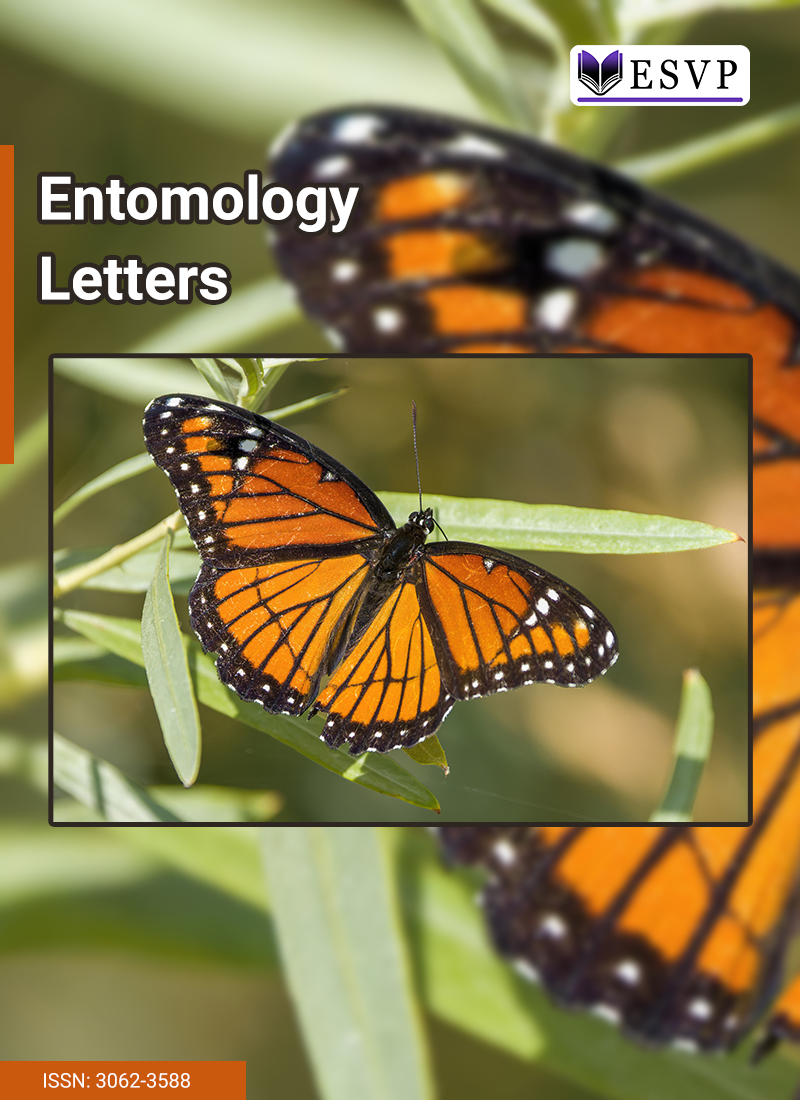
Mosquito control is a key method for managing diseases transmitted by these insects, and targeting their early life stages offers several advantages, such as ease of application and greater susceptibility to environmental and chemical factors. This study aimed to investigate the chemical constituents and the larvicidal effects of ethanolic extracts from the leaves and flowers of Ocimum basilicum on mosquito larvae. Fresh O. basilicum was harvested, dried for one week in the shade, and then extracted using ethanol. They were placed in containers and subjected to bioassays according to WHO guidelines. Mortality rates were recorded after a 24-hour recovery period, and dead larvae were examined for any morphological changes. Probit analysis was performed using SPSS version 19. Phytochemical analysis of O. basilicum leaves revealed the presence of flavonoids, tannins, glycosides, and steroids, while saponins, alkaloids, and terpenoids were absent. For the flowers, tannins, steroids, terpenoids, and flavonoids were found, but saponins, glycosides, and alkaloids were not present. The LC50 values for the leaf and flower extracts were found to be 17.78 ppm, 16.98 ppm, 15.48 ppm, and 15.84 ppm, with LC95 values at 56.23 ppm, 64.56 ppm, 66.06 ppm, and 50.11 ppm, respectively, for Anopheles arabiensis and Culex quinquefasciatus. Larvae treated with ethanolic extracts showed visible morphological changes, including discoloration and deformities in the digestive tract.